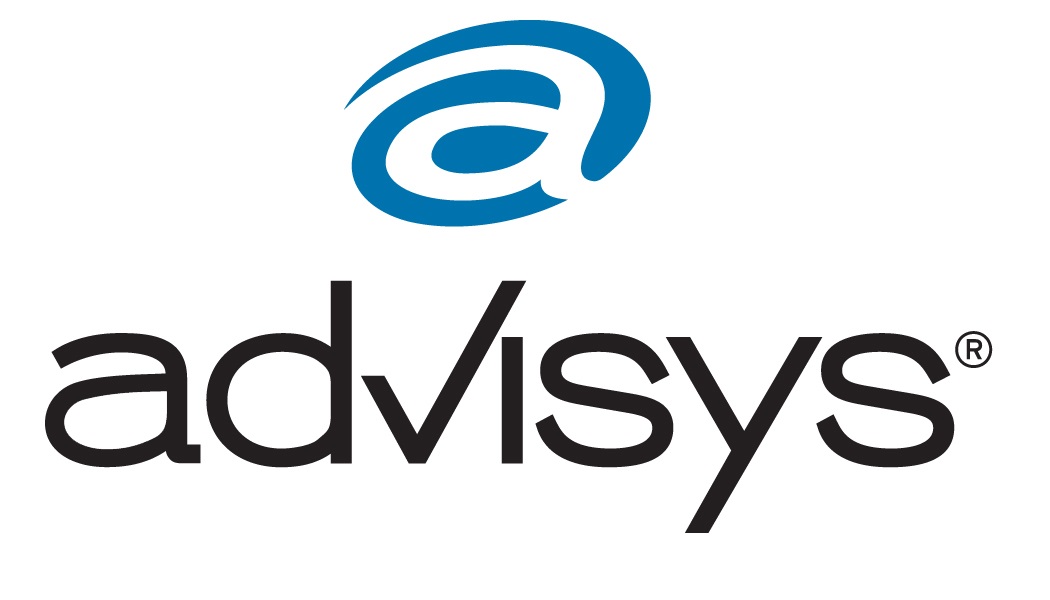Items to discuss before meeting with an attorney
There are several topics that should be considered prior to meeting with the attorney who will draft a will or a trust.
Guardians for minor children
Who is best able to cope with the raising of your minor children? A brother, sister or a close friend may be a better choice than a grandparent.
Factors to consider would include the ages of the proposed guardians and their children, the ages of your children and the number of them who are still minors, and the health and financial situation of all parties. Decide on alternative choices, in the event your first choice is unwilling or unable to serve. If you name a couple as guardians and one of them dies, would you want the surviving co-guardian to act as sole guardian? What if they divorce?
Executor of the estate
If all or part of your estate passes through probate, whom do you want to handle the details of paying your debts and death taxes and distributing the remaining assets to the beneficiaries named in your will?
Living trust
Is it important to you to avoid probate? Make a list of your assets and their approximate values, along with a list of mortgages or other debt on any property. Your attorney can give you an estimate of what it will cost your heirs to pass your estate through probate.
The living trust is frequently used to avoid or reduce probate expenses. Ask your attorney to explain the advantages and disadvantages of this type of trust.
Trustee
If you have a trust, either in your will or a separate living trust, you will need to name a trustee to manage investments, pay taxes, make distributions, etc. In the event he or she dies, you will want to provide for one or more successor trustees.
A corporate or individual fiduciary
Executors and trustees are referred to as "fiduciaries"because of the higher standard of care which is required of them in managing the assets of another person. Consider the facts of your own estate relative to the list of advantages shown below.
Advantages of a corporate fiduciary:
- Don't die or become disabled – permanence.
- Financially accountable for their mistakes.
- Impartial as to the children. This may prevent the children from becoming bitter towards an individual trustee who happens to be a friend or relative and who doesn't make distributions every time the children ask for something.
- Have investment expertise as well as tax and accounting abilities.
- Refuse loans to hard-up friends of the trustee.
- Keep current with the constant changes in the law.
Advantages of an individual fiduciary:
- A relative or friend may not charge a fee.
- Relative or friend may have a more personal interest.
- An individual may have special expertise (i.e., running the family business).
Suggestion: Some people prefer the use of an individual and a corporate trustee, as co-trustees, to obtain the advantages of each.
Distributions to children
If you do not want your assets distributed outright to your children in the event of your demise, they should probably be held in a trust. The trustee will take care of their needs as instructed in the trust. However, at some future time you will probably want to distribute the assets to them.
Many people like to distribute a portion of the estate at several different times, e.g., ⅓ at age 21, ⅓ at age 25 and ⅓ at age 30; or ½ at age 30 and ½ at age 35, etc. Your preference:
___ at age ___; ___ at age ___; ___ at age ___
Final heirs
In the event your children pass away prior to inheriting your estate, to whom would you want your estate to pass? For example, one could pass ½ to each spouse's side of the family (e.g., parents, brothers, sisters, etc.).
Healthcare decisions
Who makes healthcare decisions if you are unable to do so? Consider alternative choices if your first choice is unwilling or unable to serve.
Charitable bequests
Would you be interested in making a charitable bequest, especially if it reduced your income and death taxes?
Other questions
- Would you want your children to remain in the present house?
- Is it important to reduce your death tax obligation?
- Is it important that your assets pass to your heirs without the expense and delay of probate?





